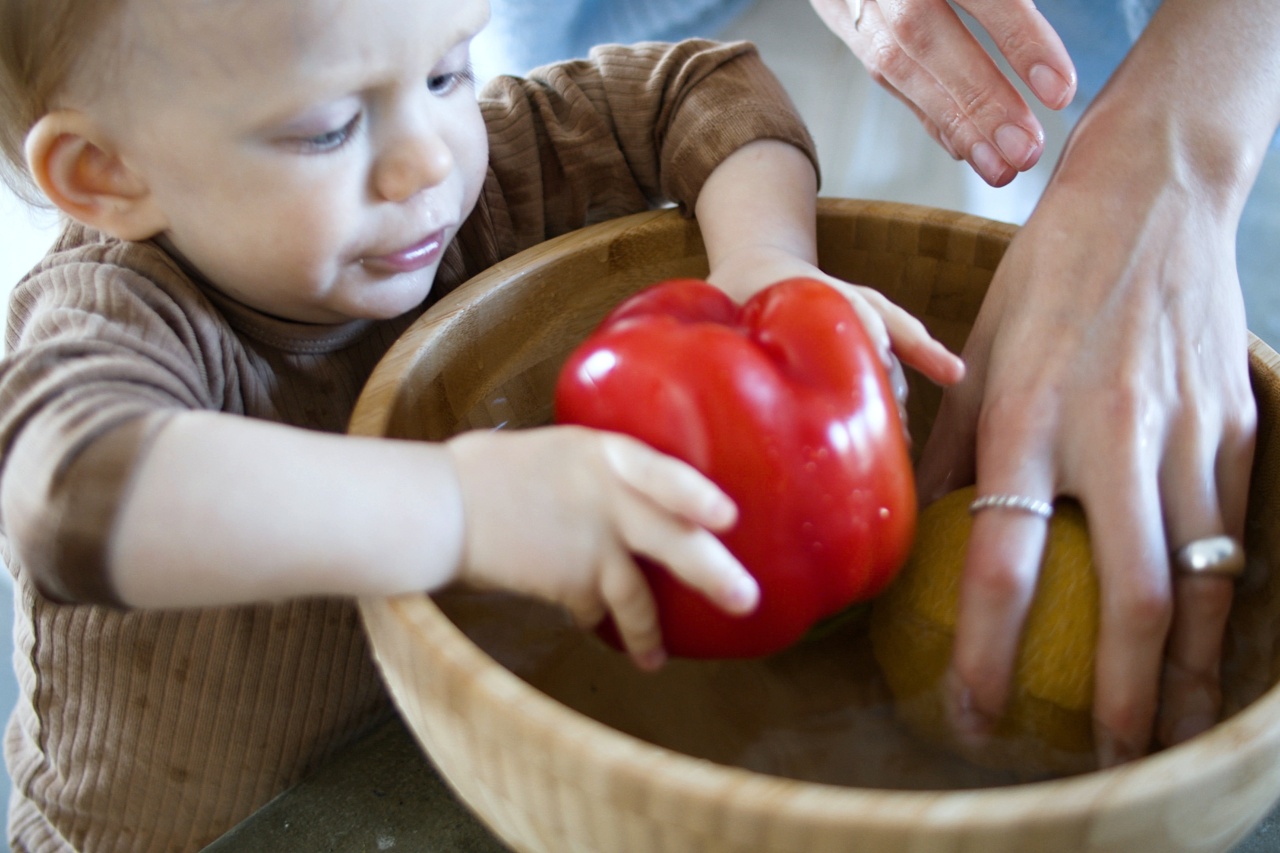Sexual health is an important part of overall health and wellbeing. As children grow and develop, it’s important to help them understand and navigate sexual health. This can include topics such as puberty, reproduction, and relationships.
By providing education and support, parents and caregivers can help children make informed decisions about their sexual health and develop healthy attitudes and behaviors.
Starting the Conversation
Starting conversations about sexual health with children can feel uncomfortable or challenging, but it’s an important aspect of parenting. It’s important to begin these conversations early and in an age-appropriate manner.
This can help children feel more comfortable and help establish an open and ongoing dialogue.
Talking About Puberty
Puberty is a natural process that occurs as children’s bodies begin to change and develop into adulthood. Encourage children to feel comfortable asking questions and talking about these changes openly.
Explain that these changes are normal and that everyone experiences them at a different rate. Provide age-appropriate resources such as books, videos, or educational materials to help children understand what to expect during each stage of puberty.
Teaching About Reproduction
Explaining how reproduction works can be a complex topic for children to understand. Using simple language and visual aids can help them grasp the basics.
Books or videos that explain the different parts of the reproductive system, how eggs and sperm join, and how pregnancy occurs can help children understand the process of reproduction.
Encouraging Responsibility
As children enter their teen years, they may start to explore new relationships and sexual experiences. It’s important to stress the importance of responsibility and safe sex practices.
Talk about the risks associated with sexually transmitted infections (STIs) and how to avoid them. Encourage the use of protection such as condoms and birth control and discuss the responsibility that comes with making decisions about sexual activity.
Covering LGBTQ+ Topics
It’s important to include discussions about sexual orientation and gender identity in conversations about sexual health. Be open and understanding when discussing different sexual orientations and gender expressions.
Avoid making assumptions about a child’s sexual orientation and instead encourage them to explore and understand their own identity.
Addressing Online Safety
The internet has opened up new ways for children to access information about sexual health. It’s important to talk about the risks and dangers that come with this access.
Discussing the importance of privacy and avoiding sharing personal information online can help keep children safe.
Being a Supportive Caregiver
Creating a supportive and open environment for discussions about sexual health can help children feel more comfortable. Encourage them to ask questions and express their thoughts and feelings.
Let them know that you are there for them and that you support them in their exploration of sexual health topics.
Handling Difficult Topics
Sometimes, conversations about sexual health can touch on difficult topics such as sexual abuse or assault. It’s important to listen to your child’s concerns and address them in a supportive manner.
If necessary, seek out professional support or counseling for your child.
Conclusion
Helping children understand sexual health is an important part of parenting and can have a long-lasting impact on their overall health and wellbeing.
Starting conversations early and providing age-appropriate education and resources can help children develop healthy attitudes and behaviors surrounding sexual health.



























